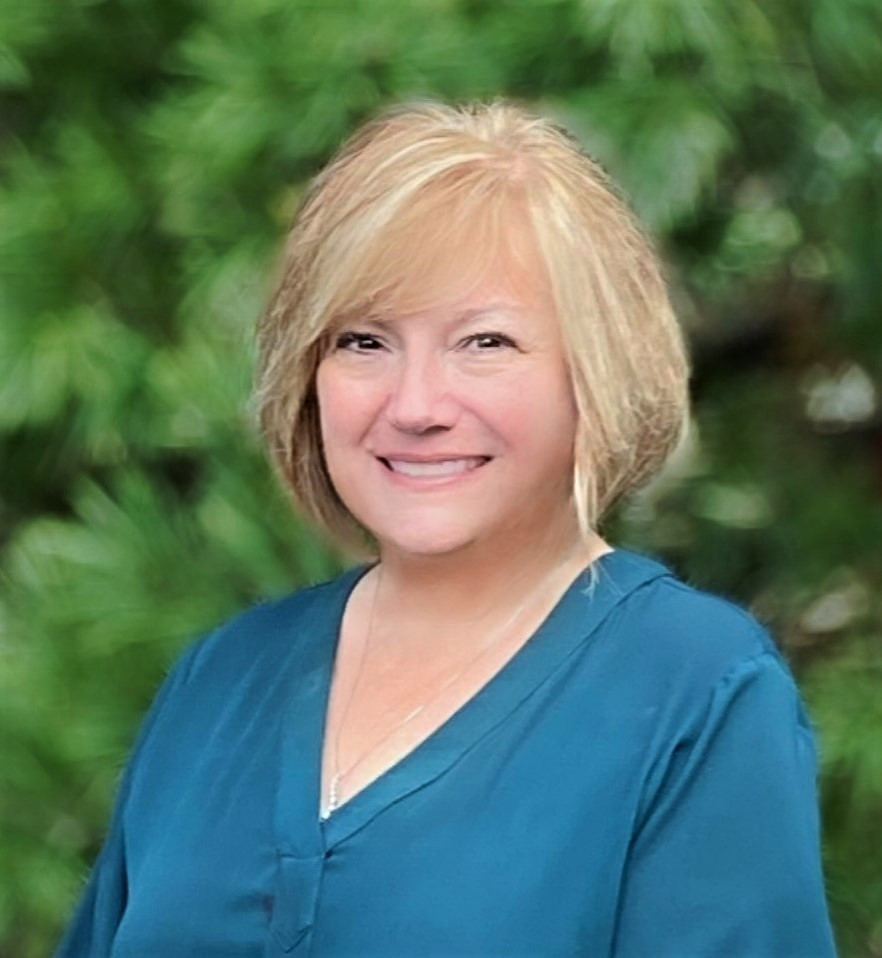Details of the SECURE Act - Part Six: IRA Enhancements
In late December of 2019 President Trump signed into law a budget bill to fund the government for the remainder of the fiscal year. Included as an addition to the bill was the SECURE Act (Setting Every Community Up for Retirement Enhancement Act of 2019). Some of the changes within the SECURE ACT impacted IRAs, specifically the inclusion of certain types of income as includible compensation for IRA purposes and the Maximum Age for IRA contributions.
Sections 106 and 107 of the Act amend the tax laws to Treat Certain Taxable Non-Tuition Fellowship and Stipend Payments as Compensation for IRA Purposes and to repeal of the Maximum Age for Traditional IRA Contributions.
Prior to the SECURE ACT, stipends and non-tuition fellowship payments received by graduate and postdoctoral students were not treated as compensation and therefore could not be used as the basis for IRA contributions. Effective for tax years beginning after December 31, 2019, the SECURE ACT revised the compensation definition for IRAs to include in income non-tuition fellowship, stipend, or similar amounts to be treated as compensation for purposes of IRA contributions as long as they are included in taxable income. This allows those graduate and post-doctoral students to begin saving for retirement and accumulate tax-favored retirement savings.
Prior to the SECURE Act, an individual who reached the age of 70 ½ by the end of the year was not permitted to make contributions to a traditional IRA. However, they could contribute to a Roth IRA. Effective for tax years beginning after December 31, 2019, the SECURE Act changed the requirement so that individuals over 70 ½ can contribute to both Roth and traditional IRAs.
This is the sixth in a series of articles describing the various Sections of the SECURE Act, the practical impact of each Section and the due dates for implementing the changes. To view a summarized article of the SECURE Act as a whole, or a list of the articles we have published thus far detailing the different provisions, please see our prior article The Secure Act.



